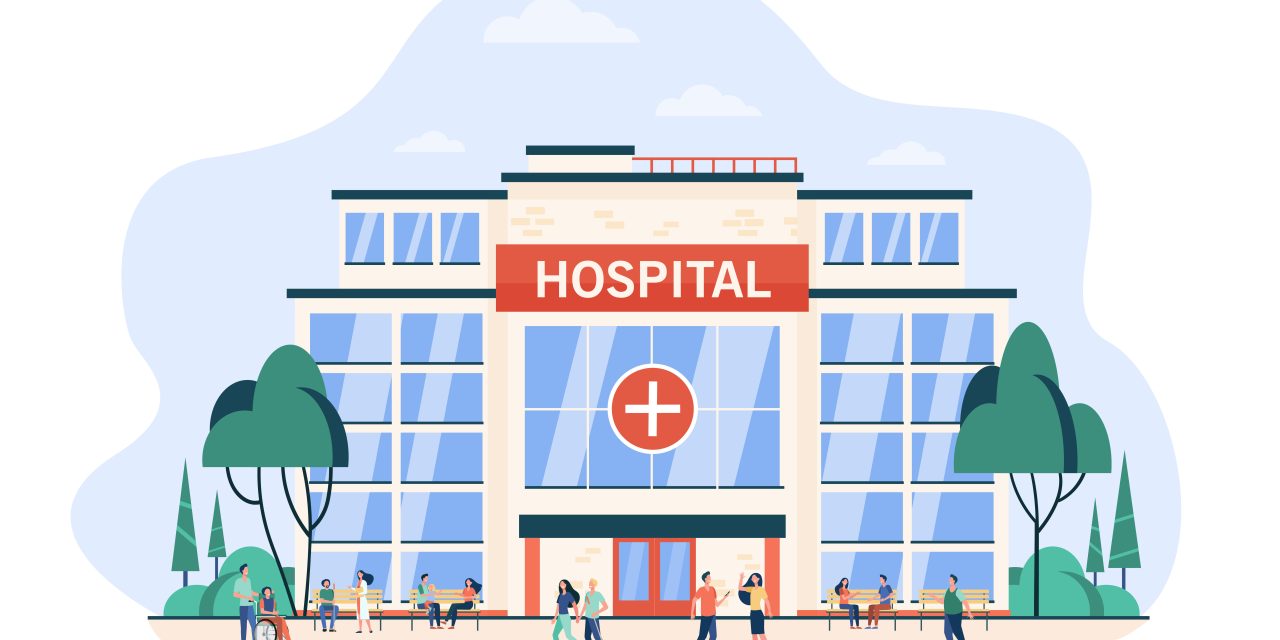
The basics
Depending on your hospital plan, it typically covers or pays for all in-hospital treatment. For example, if you visit a doctor or dentist, you will have to pay for that yourself (unless it’s part of the hospital stay).

Affordability
A hospital plan is usually more affordable than a comprehensive medical aid plan. A hospital plan would be a good medical fit for young families and students, and people who are generally healthy.

PMBs
By law, all medical schemes, including hospital plans, must cover emergency treatments and a set list of 271 conditions (called Prescribed Minimum Benefits). But, only if you use a designated hospital or follow the scheme’s rules.

Extra benefits
Read the fine print carefully. A few hospital plans throw in basic extras like maternity benefits, limited chronic cover, or preventative screenings (e.g., Pap smears or HIV tests).

Things not covered
Again, be sure to know exactly what you are paying for. Some hospital plans may not cover cosmetic procedures or hospital stays for things like weight loss surgery unless they’re medically necessary.

Pre-authorisation
Before you go to hospital (except in emergencies), you’ll need to call your scheme to get approval. If you don’t, you might have to pay the full bill yourself.

Waiting period
You might not be able to claim right away—especially for pre-existing conditions, pregnancy, or planned surgeries. Always ask about waiting periods before you sign up.
Images: Vecteezy/Freepik



















